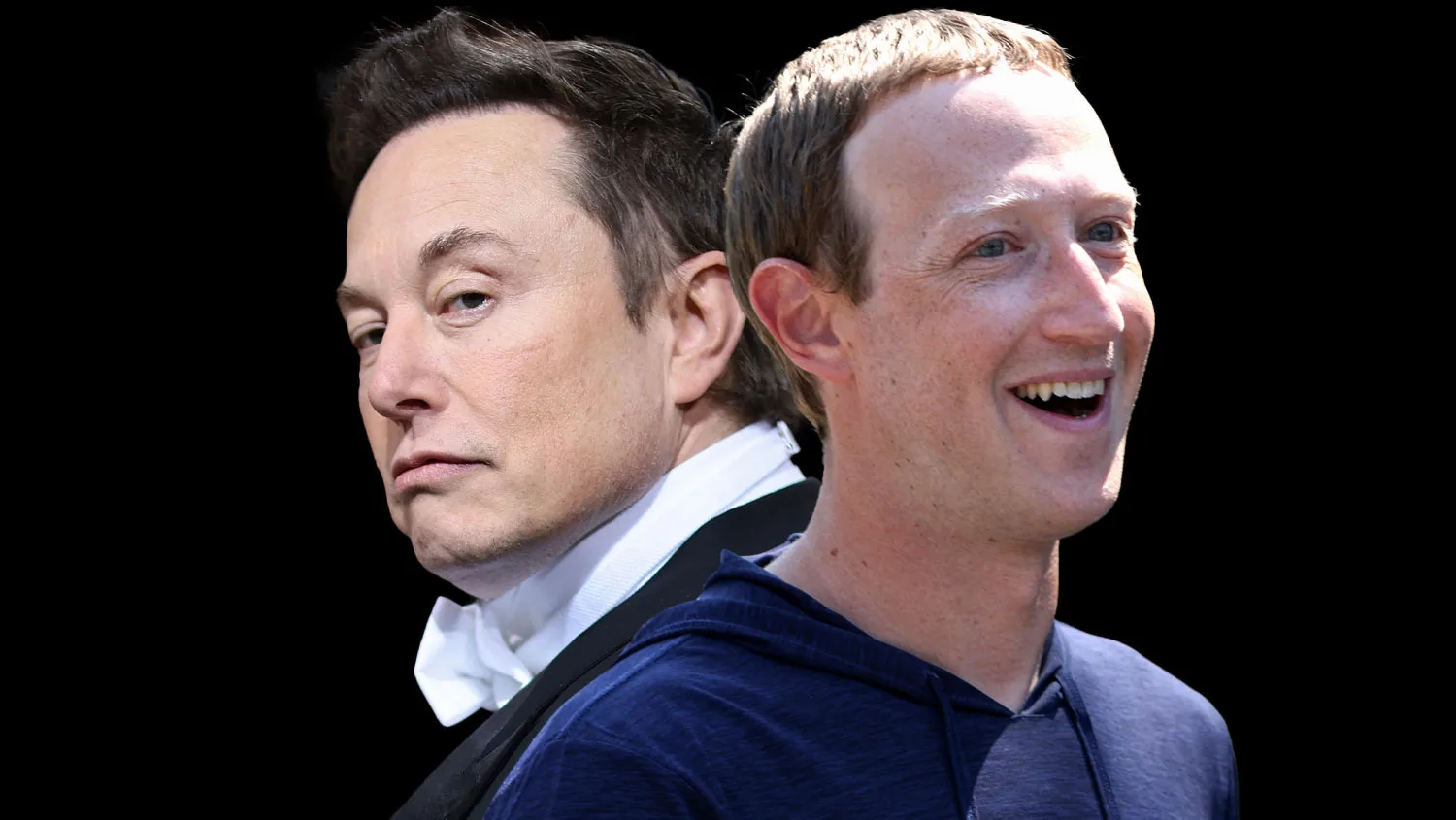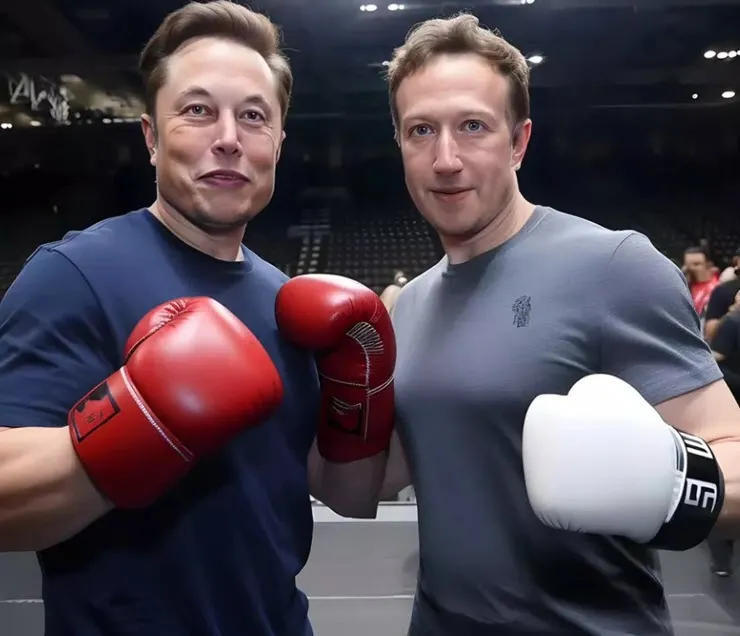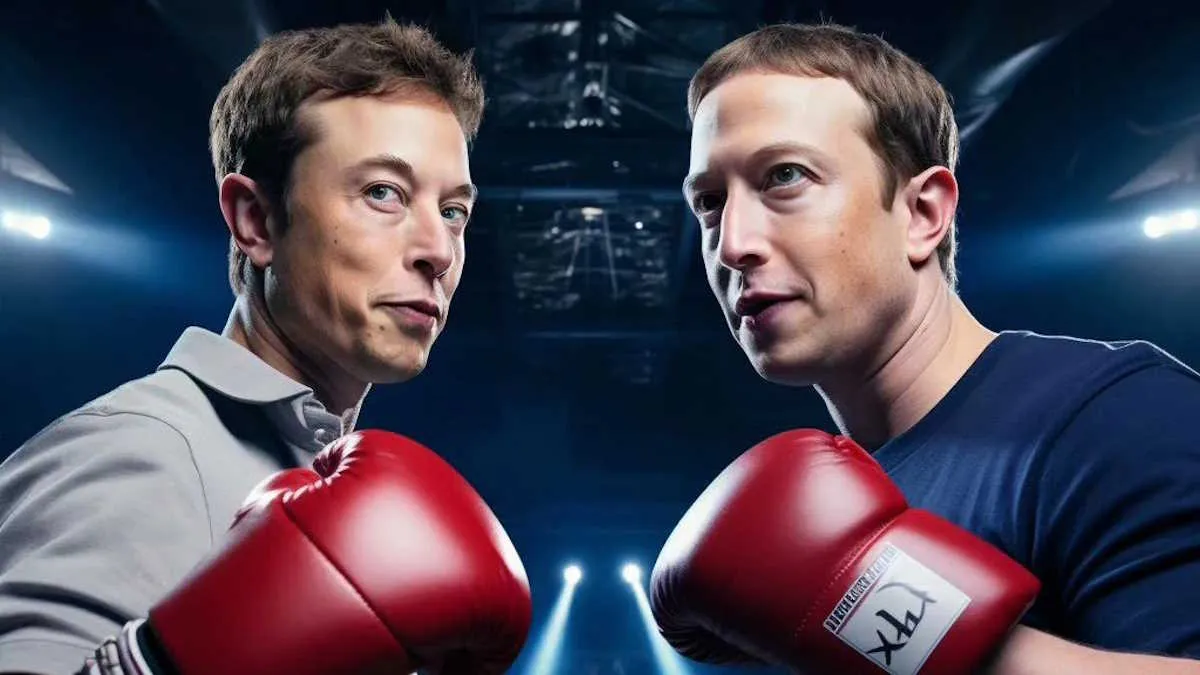

Billionaire Alliance? Musk Tried to Enlist Zuckerberg in Massive OpenAI Purchase Plan
Introduction
The world of technology is never short of drama, power struggles, and bold moves. In recent years, one figure has consistently dominated headlines with his larger-than-life ambitions: Elon Musk. Known as the visionary behind Tesla, SpaceX, and X (formerly Twitter), Musk has not only revolutionized industries but also redefined what it means to be a modern tech mogul. But even for Musk, his latest revelation has left people stunned. According to multiple reports, the billionaire attempted to recruit none other than Mark Zuckerberg, CEO of Meta, into an audacious plan to acquire OpenAI, the artificial intelligence company Musk co-founded in 2015 but later distanced himself from.
This surprising attempt at a billionaire alliance raises pressing questions about the future of AI, the rivalry between Musk and OpenAI, and whether the tech giants of Silicon Valley might one day join forces to consolidate power in a way that could reshape the digital world.
Musk’s Complicated History With OpenAI
Before diving into Musk’s alleged attempt to involve Mark Zuckerberg, it is crucial to understand Musk’s relationship with OpenAI. In 2015, Musk co-founded the nonprofit research lab with the goal of creating safe artificial intelligence that would benefit humanity. OpenAI’s mission was deeply rooted in the principle of AI alignment, ensuring that powerful algorithms would not become dangerous or monopolized by corporations.
However, by 2018, Musk had stepped away from the board, citing potential conflicts of interest with Tesla’s AI development for self-driving cars. Since then, Musk has been one of the most vocal critics of OpenAI, especially after the company transitioned from a nonprofit to a “capped-profit” model and accepted massive investments from Microsoft. Musk has repeatedly accused OpenAI of betraying its original mission, even going so far as to launch a lawsuit in 2024 alleging that OpenAI had strayed from its founding ideals.
Given this backdrop, the idea that Musk would attempt to buy back OpenAI — with the help of another billionaire heavyweight — highlights the depth of his obsession with regaining influence over the future of AI.

The Alleged Approach to Zuckerberg
According to insiders familiar with the matter, Musk explored the possibility of enlisting Mark Zuckerberg in a plan to jointly purchase OpenAI. The logic behind this move was straightforward but daring: combining Musk’s relentless drive with Zuckerberg’s massive financial resources and Meta’s existing expertise in AI research could create a partnership powerful enough to challenge OpenAI’s dominance and Microsoft’s deep integration with the company.
Musk reportedly pitched the idea to Zuckerberg as a way to “save AI from corporate capture” while also giving Meta a bigger stake in the rapidly growing AI arms race. While the exact details of their conversations remain unclear, the revelation itself shocked observers who have long viewed Musk and Zuckerberg as rivals rather than potential allies.
A Rivalry Turned Partnership?
The notion of Musk and Zuckerberg working together seems almost unthinkable given their history of public clashes. Over the years, Musk has openly mocked Zuckerberg’s understanding of AI, dismissing the Meta CEO’s optimism as “limited.” In turn, Zuckerberg has criticized Musk’s alarmist views on AI risks, suggesting that Musk tends to exaggerate the dangers for dramatic effect.
Their rivalry reached comical proportions in 2023 when Musk jokingly challenged Zuckerberg to a cage fight, an idea that generated memes and speculation worldwide. Though the fight never materialized, it highlighted the tension — and entertainment value — of their public feud.
Yet beneath the rivalry lies a mutual recognition of the stakes involved in artificial intelligence. For Musk, AI represents both an existential risk and a frontier he wants to control. For Zuckerberg, AI is central to Meta’s future, particularly in building its Metaverse vision and competing with TikTok, Google, and Microsoft. The idea of a partnership, while surprising, may not be entirely out of character for two leaders who understand that power often requires compromise.
Why OpenAI?
The obsession with OpenAI is not just about corporate ownership; it is about influence over the future of technology. OpenAI’s ChatGPT and other products have become household names, sparking massive adoption and debate across industries. The company’s partnership with Microsoft, which includes billions in investment and integration into products like Microsoft Office and Azure, has effectively made OpenAI one of the most influential AI players in the world.
For Musk, watching OpenAI grow into a corporate powerhouse has been a source of frustration. He has argued that OpenAI was meant to be open-source and free from monopolistic pressures, yet today it operates as a semi-private entity with enormous market power. Attempting to buy OpenAI — and possibly restore it to its original ideals — would fit Musk’s broader narrative of fighting for humanity’s future.

The Potential Challenges of a Musk-Zuckerberg Alliance
Even if Musk and Zuckerberg shared a temporary interest in acquiring OpenAI, the practical challenges would be immense. First, OpenAI is already heavily tied to Microsoft, making any purchase attempt legally and financially complex. Second, Musk and Zuckerberg have vastly different leadership styles and visions for AI. Musk often emphasizes existential risks and safety concerns, while Zuckerberg prioritizes user engagement, digital ecosystems, and monetization.
There is also the question of public perception. A joint attempt by two of the world’s most powerful billionaires to control OpenAI would undoubtedly raise alarms about consolidation of power, monopolistic behavior, and the risks of placing humanity’s future in the hands of a few tech elites. Regulators in the U.S. and Europe would likely step in to scrutinize — if not outright block — such a move.
Reactions from the Tech World
News of Musk’s alleged plan quickly spread through Silicon Valley, prompting a wave of speculation and commentary. Supporters of Musk argue that his desire to take back OpenAI reflects his genuine concern about the direction of artificial intelligence. Critics, however, see the move as yet another example of Musk’s ego-driven need to dominate every industry he touches.
As for Zuckerberg, reactions were mixed. Some industry analysts believe he would never seriously consider joining forces with Musk given their rivalry and differing worldviews. Others suggest that Zuckerberg, facing declining user growth on Facebook and mounting pressure to make Meta profitable, might be open to bold alliances that could secure his legacy in the AI era.
The Bigger Picture: AI, Power, and Control
The story of Musk’s attempt to enlist Zuckerberg in a massive OpenAI purchase plan speaks to a larger issue: the battle for control over the future of artificial intelligence. As AI continues to reshape industries, governments, and daily life, the question of who owns the technology becomes increasingly critical. Will it be guided by democratic values and public accountability, or concentrated in the hands of billionaires and corporations?
Musk’s maneuver underscores his belief that the latter is already happening, and his desire to counterbalance Microsoft’s influence through bold — if controversial — strategies. Whether or not Zuckerberg entertained the idea, the fact that Musk reached out signals that the fight for AI dominance is far from over.
Conclusion
The revelation that Elon Musk tried to recruit Mark Zuckerberg into a billionaire alliance to buy OpenAI adds a fascinating twist to the ongoing drama of Silicon Valley. While the feasibility of such a plan is questionable, it highlights the extraordinary lengths to which Musk is willing to go in his quest to shape the future of artificial intelligence.
For Zuckerberg, the opportunity to join forces with Musk would present both risks and rewards. Aligning with a rival could give Meta unprecedented influence in AI, but it could also backfire given Musk’s unpredictable nature and their clashing visions.
Ultimately, the story is not just about two billionaires but about the future of AI itself. As technology advances at a breathtaking pace, the world will continue to watch closely — not only what OpenAI builds next but also how the powerful figures behind the scenes maneuver to control it.


















